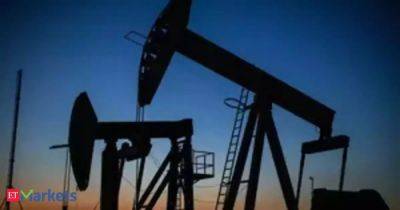Swiss report naming Begusarai as world's most polluted city reflects 'Western bias': Bihar PCB
Begusarai as the world's most polluted city reflected "Western bias", the Bihar State Pollution Control Board (BSPCB) said on Wednesday and questioned the methodology used in the entire exercise. Speaking to PTI, BSPCB Chairman Devendra Kumar Shukla questioned why only one pollutant, PM 2.5, was taken into consideration for analysing the air quality of Begusarai and other cities in India.
«When we talk about air quality, it should be a comprehensive analysis, taking into account all pollutants — PM 2.5, PM 10 (particulate matter less than 10 microns), nitrogen oxide, sulphur dioxide, ozone, carbon monoxide, ammonia and lead,» he said.
«I will not call it a comprehensive analysis of air quality at all. There is a Western bias in the report,» he added.
According to the 'World Air Quality Report 2023' released by the Swiss organisation IQAir on Tuesday, Begusarai was the most polluted metropolitan area, while Delhi was identified as the capital city with the poorest air quality.
Shukla said that Begusarai is located in the Indo-Gangetic plain, and is naturally disadvantaged in terms of pollution.
«The Indo-Gangetic plain is the world's largest stretch of uninterrupted alluvium deposits. As fertile as alluvium is, it is composed of loose unconsolidated particles. Thus, dry alluvial soil significantly contributes to wind-blown dust.
»We don't deny the fact that wind-blown dust contributes significantly to the pollution problem, but this should not divert our attention and efforts from devising solutions to curb























